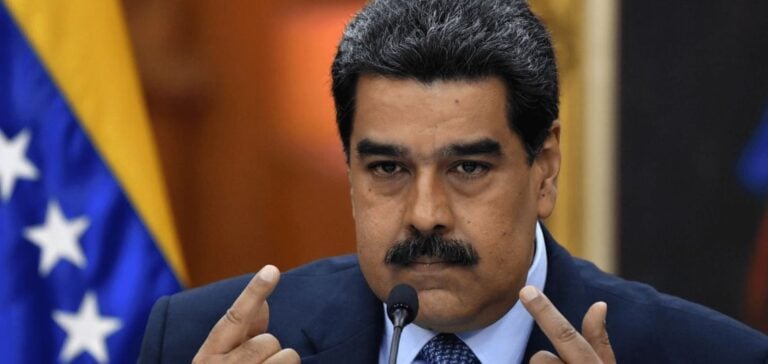The US Treasury Department announced on Wednesday the re-imposition of sanctions on Venezuela’s oil and gas industries, which had been relaxed in 2022. The Treasury cites the continuation of political repression by Nicolas Maduro’s government ahead of the July 28 elections. The sanctions include a May 31 deadline for settling outstanding transactions, and the possibility for companies to apply for special licenses to work with Venezuela.
Venezuela’s response to sanctions
Venezuelan Foreign Minister Yvan Gil vigorously contested the sanctions, saying they only damaged efforts to normalize bilateral relations and negatively affected the international energy market. He also stressed that the sanctions were jeopardizing US investments and interests in the Venezuelan oil industry, contrary to the spirit of the discussions held in Qatar in September. During these secret bilateral negotiations, the United States promised to lift sanctions if Venezuela held presidential elections in 2024.
International agreements and mediation
The tensions arise despite an agreement reached in October in Barbados, with the mediation of Norway, which set an approximate date for the elections and promised to reconsider the ineligibility of opposition candidates. This agreement initially encouraged the United States to temporarily ease sanctions, although the easing was short-lived.
The Barbados agreement did not prevent Maduro’s government from blocking the candidacy of Maria Corina Machado, the main opposition figure and winner of the primaries. The candidacy of his designated replacement was also rejected, underlining the continuing challenges faced by the opposition in a restrictive political climate.






















